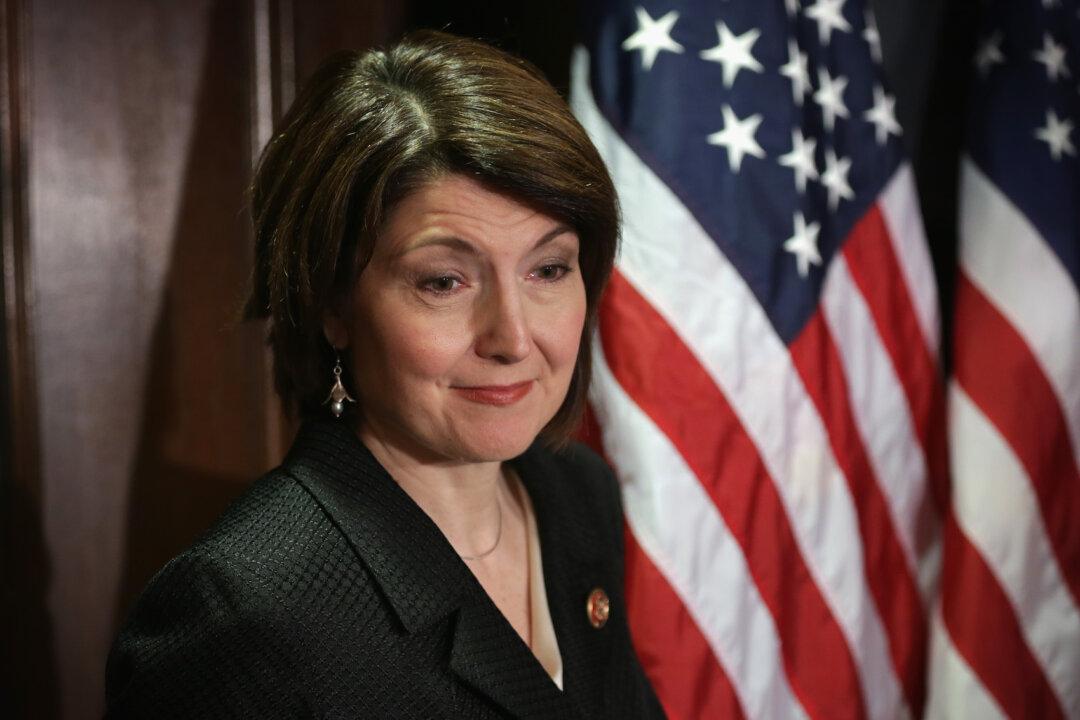Former National Institute for Allergies and Infectious Disease (NAIAD) Director Dr. Anthony Fauci and a dozen other directors of the National Institutes for Health (NIH) appear not to have been legally appointed to their offices, according to a year-long investigation by House Energy and Commerce Committee Republicans.
Mr. Fauci and the others were to serve five-year terms, beginning not later than Dec. 13, 2021, but repeated requests since March 2022 to Secretary of Health and Human Services Xavier Becerra by the committee for documents verifying the appointments were delayed or ignored, according to GOP committee aides speaking on background.





